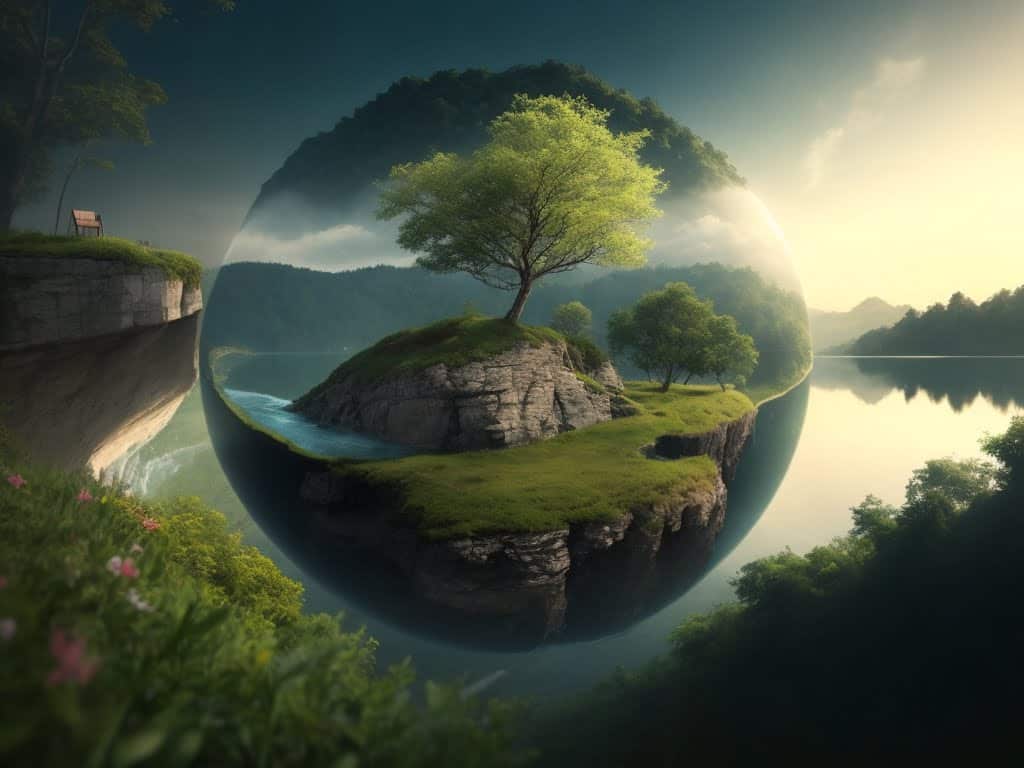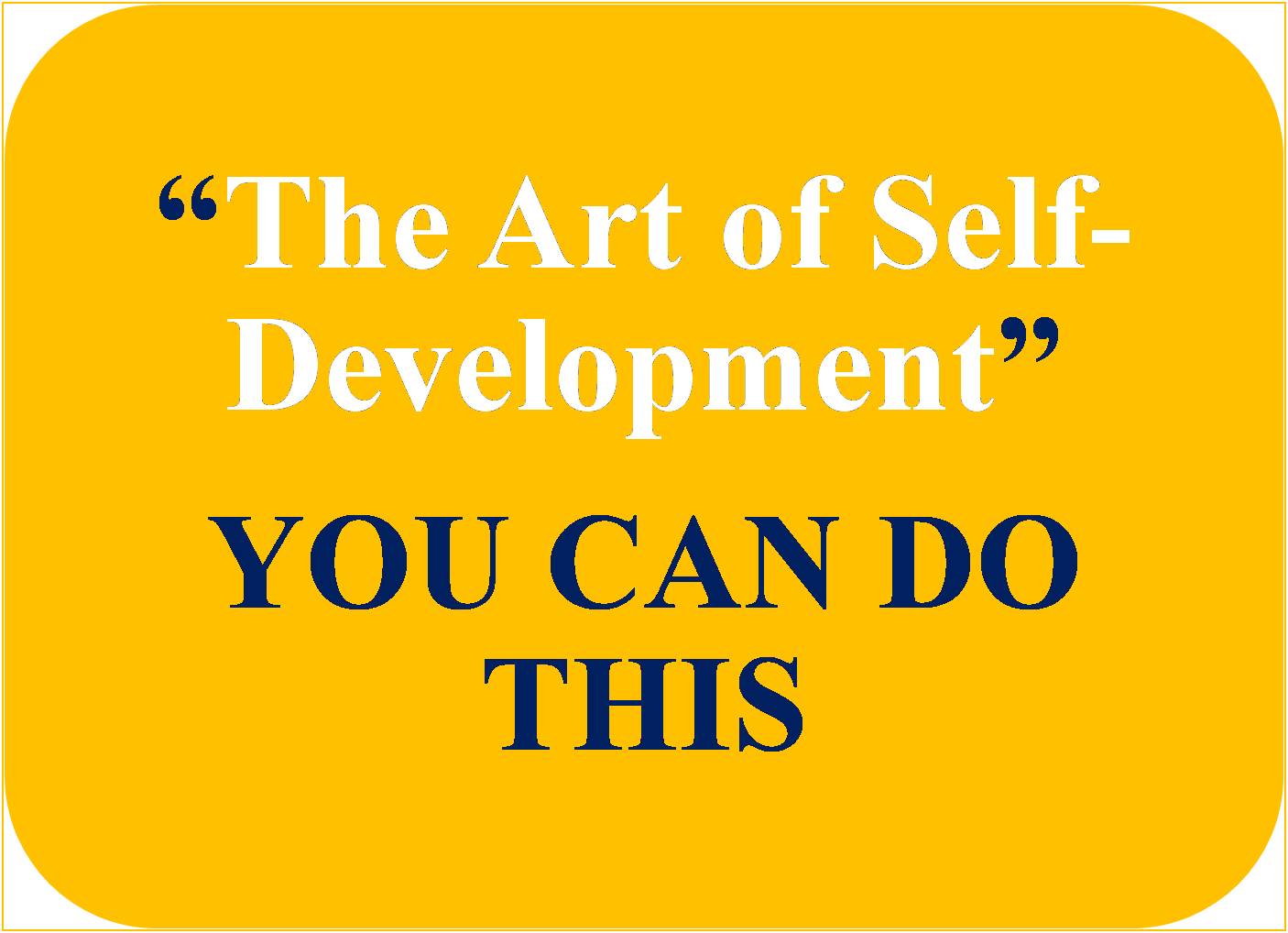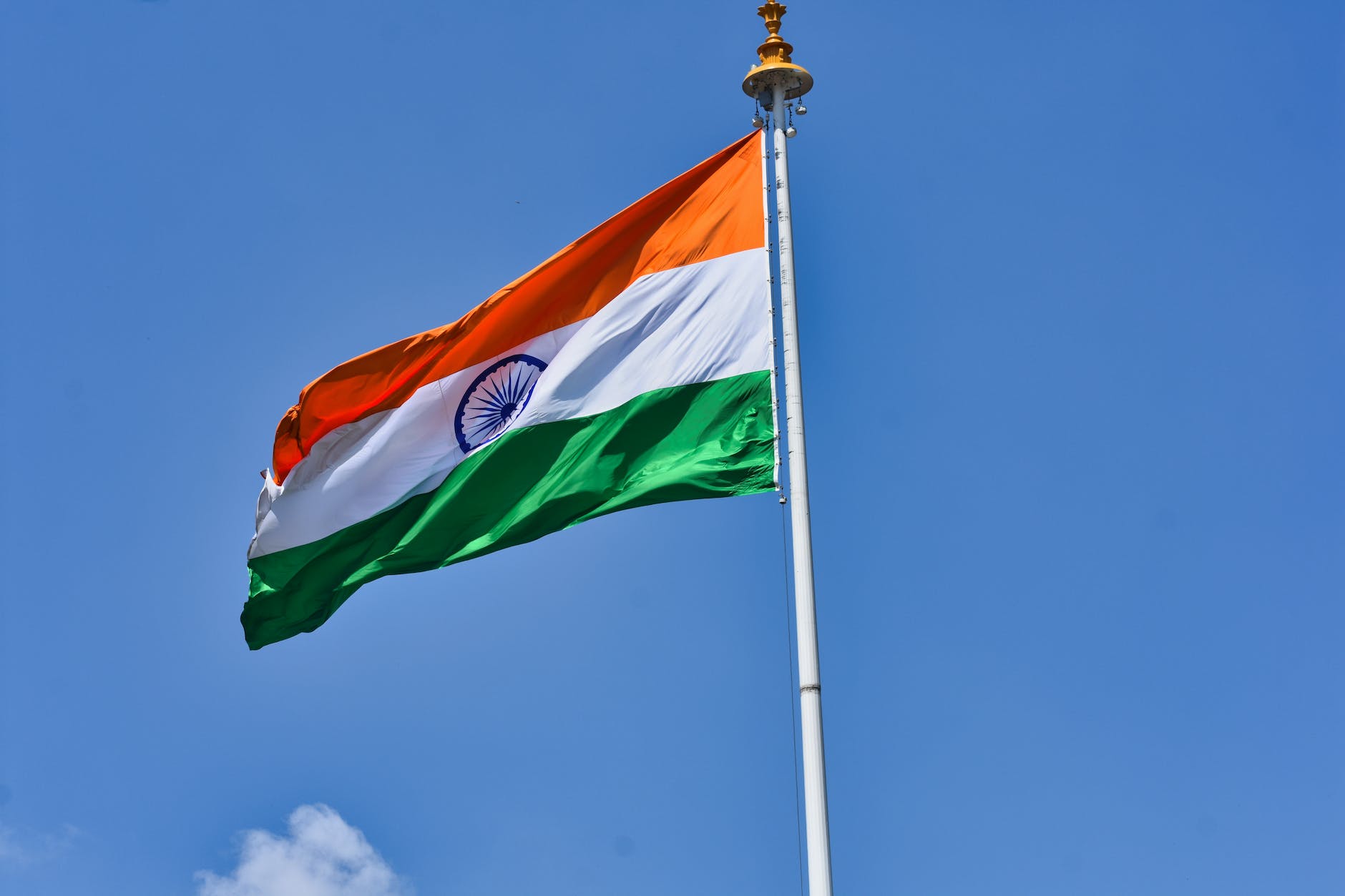Journey of Human: The human journey towards knowledge is an epic saga, stretching back millions of years and constantly evolving.
Milestones of Journey of Human towards knowledge
Early Beginnings: Our story starts with curiosity. Even early hominids likely possessed an innate drive to understand their surroundings, which fueled their exploration and experimentation. This curiosity, along with the development of language, laid the foundation for knowledge sharing and accumulation.
Fire and Farming: The discovery of fire, estimated to be around 1 million years ago, was a turning point. It provided warmth, protection from predators, and a way to cook food, which in turn boosted brain development. Later, the shift to agriculture around 12,000 years ago allowed for settled communities and the leisure time needed for more complex thought and innovation.
Rise of Civilizations: With settled societies came the organization of information. Writing systems emerged, enabling the recording and transmission of information across generations. This period saw the flourishing of early sciences like astronomy, mathematics, and medicine in places like Mesopotamia, Egypt, and China.
The Scientific Revolution: Fast forward to the 16th and 17th centuries. The Scientific Revolution marked a dramatic shift in how we acquired knowledge. It emphasized observation, experimentation, and reason over blind faith and tradition. This era gave birth to modern scientific disciplines like physics, biology, and chemistry.
The Information Age: Today, we live in the Information Age. The invention of the printing press, the rise of the internet, and the explosion of digital data have transformed how we access and share information. We have instant access to a vast ocean of information, presenting both opportunities and challenges.
What are some ancient examples of knowledge-seeking?
The pursuit of knowledge has been a fundamental aspect of human history. Let’s explore some ancient examples:
Socrates, Plato, and Aristotle:
These ancient Greek philosophers sought wisdom through rigorous questioning, dialogue, and critical thinking.
Socrates (469 – 399 B.C.E) emphasized self-examination and the Socratic method, encouraging individuals to question assumptions and explore deeper truths.
Plato (427 – 347 B.C.E) founded the Academy in Athens, where students engaged in philosophical discourse and sought understanding of abstract concepts like justice, truth, and the ideal state.
Aristotle (384 – 322 B.C.E) delved into natural philosophy, ethics, and metaphysics. His works on logic and empirical observation laid the groundwork for scientific inquiry.
Ancient Symbols of Wisdom:
Across various cultures, symbols represented information and wisdom:
Tyet (Ancient Egypt): Symbolizing protection and regeneration, the Tyet (also known as the Knot of Isis) was associated with the goddess Isis and her wisdom.
Ibis of Thoth (Ancient Egypt): Thoth, the god of wisdom, was often depicted as an ibis bird. His association with writing, magic, and knowledge made the ibis a symbol of wisdom.
Owl of Athena (Ancient Greece): The owl, sacred to Athena, represented wisdom, intelligence, and foresight. It adorned coins and temples.
Mandala Outer Circle (Buddhism): Mandalas, intricate geometric patterns, symbolized cosmic order, enlightenment, and inner wisdom.
Raven (Norse): In Norse mythology, ravens were messengers of Odin, the all-knowing god. Their presence signified hidden information.
The Head of Mímir (Norse): Mímir guarded the well of wisdom beneath the roots of Yggdrasil. Odin sacrificed an eye to gain wisdom from Mímir’s head.
Serpent (West Africa): The serpent, often associated with divination and healing, represented knowledge of hidden realms.
Spider (West Africa): Spiders were linked to Anansi, a trickster deity who possessed wisdom and cunning.
Alexandria’s Great Library:
The Library of Alexandria, founded in ancient Egypt during the reign of Ptolemy II (circa 280 B.C.E.), was a beacon of knowledge. Scholars, including Euclid, Archimedes, and Eratosthenes, gathered there to study, debate, and exchange ideas. The library housed countless scrolls, covering topics from mathematics and astronomy to literature and medicine.
Although it no longer exists, its legacy as a center of learning endures. These examples highlight humanity’s enduring quest for wisdom, understanding, and enlightenment across cultures and epochs.
Significance of Human Journey towards knowledge
The journey of human beings toward knowledge is a fascinating and perpetual quest that shapes our existence. Let’s delve into its significance:
Knowledge as the Foundation: It serves as the bedrock upon which individuals build their understanding of the world. It fosters curiosity, critical thinking, and a lifelong love for learning. A robust foundation of knowledge empowers us to navigate life’s complexities with resilience and informed decision-making.
Societal Progress: Beyond individual impact, information drives societal advancements. From technological innovations to cultural enrichment, informed minds propel societies forward. Historical and contemporary examples demonstrate how the dissemination and application of knowledge lay the groundwork for positive change and inclusive development.
Personal Growth: The pursuit of knowledge leads to self-discovery and personal evolution. Acquiring knowledge unlocks hidden potentials, fosters adaptability, and shapes our identity. It becomes a compass guiding us on a transformative journey.
Career Counseling: In dynamic landscapes like Dubai, career counseling bridges knowledge with meaningful professional pathways. Career counselors leverage industry insights, market trends, and individual strengths to guide individuals toward fulfilling and sustainable careers. Remember, the journey of knowledge enriches our lives, empowers our choices, and propels us toward a future where enlightenment, progress, and collective well-being thrive
The human journey towards knowledge is a continuous process. As we explore further, we encounter new questions and challenges, pushing the boundaries of what we know. It’s a story of insatiable curiosity, innovation, and the ongoing quest to understand ourselves and the universe around us.








